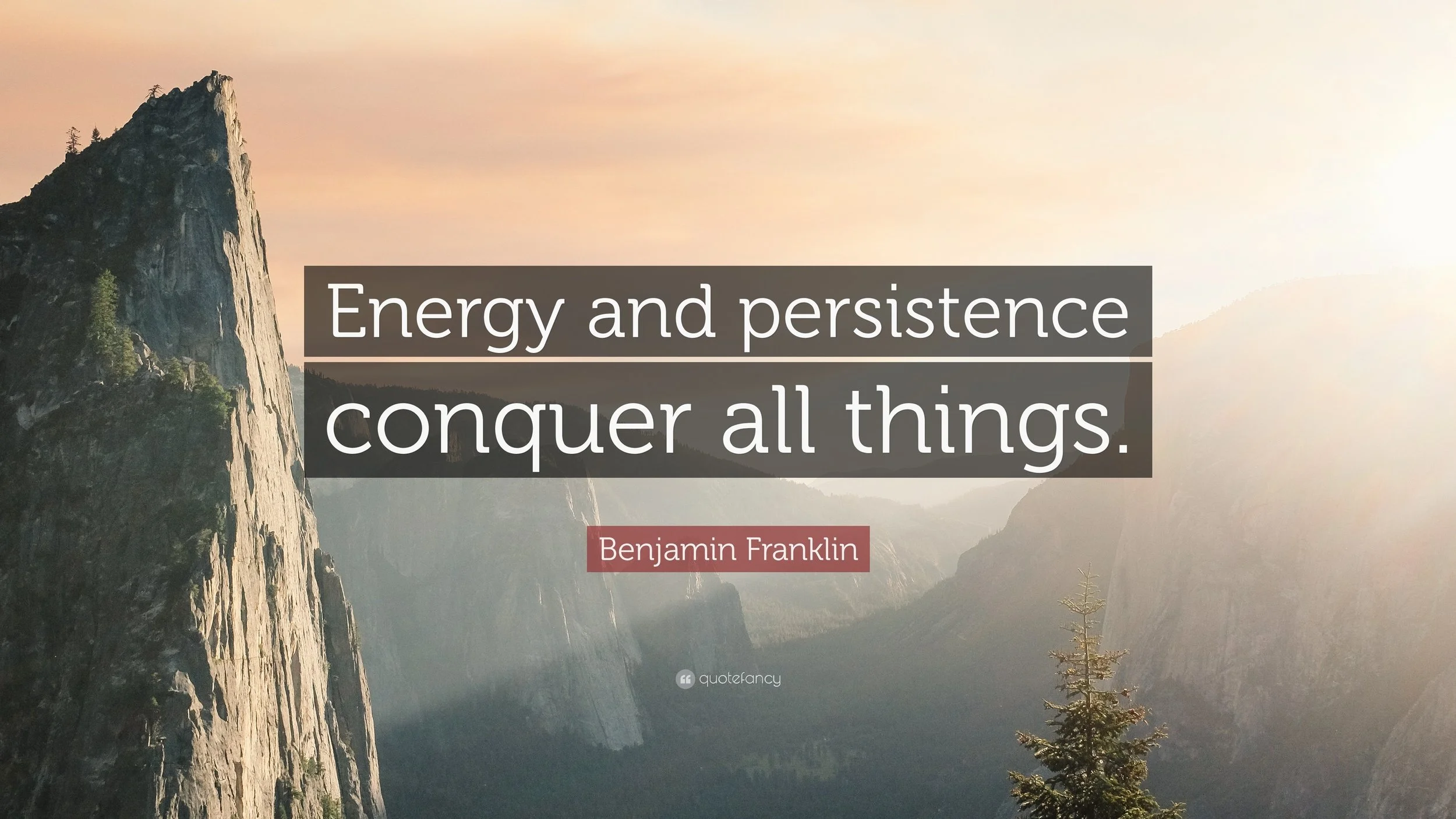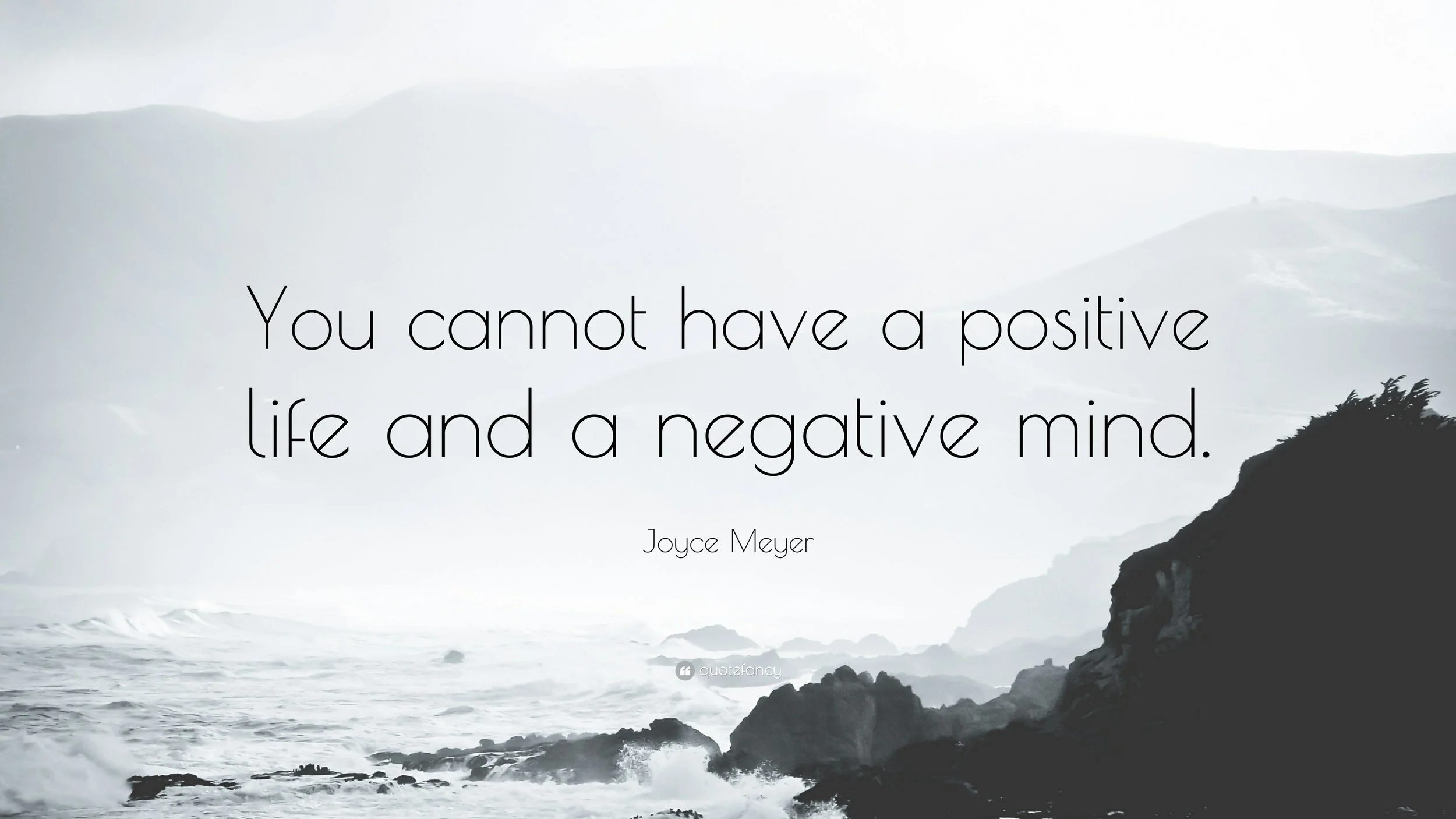
This is for the Parents in the Room - When should ADHD be considered for my child?
Even though ADHD can look different for each individual, there is a process for exploring a possible diagnosis. When we assess for ADHD, we are looking for what falls beyond the typical childhood behavior category and how their life is impacted by those behaviors and needs. If you’re noticing your child’s behaviors seem more intense, more frequent, or last longer than what is a developmentally appropriate behavior, that is a pattern to note. We also want to reflect on how their functioning is being impacted by their behavior. Let’s look at the 2 most common settings, home and school, and see what we notice…

How to Spot Depression in Children
Sometimes, a child’s sadness may be more than the typical emotional response we might expect. If your child is experiencing sadness over a long period of time, overall low mood, or it seems like their sadness is becoming a part of their personality, your child may be experiencing depression. Depression affects a child’s mood, thinking, and behavior. It can show up in all areas of life, including at home, school, with friends, and extra-curriculars.

Be Careful, Be Brave
Spend time on any playground or park and you will hear adults (or even yourself) calling out to kids to “be careful”. We have the best of intentions and just want to keep our kids safe. We do not want our kids to get hurt. The internet is at our fingertips, telling us all of the terrible things that can happen to kids. We want them to be mindful of their surroundings. However, as great as our intentions are, telling our kids to “be careful” can actually be harmful to them. Here are four reasons why we should stop telling out kids to “be careful” and what to say to them instead.

Positive Self Talk
According to growkidsminds.com, we talk to ourselves more than all other conversations combined. Self-talk makes up 80% of all of our communication! Self-talk is your internal dialog. It can be both negative and positive. What you say to yourself and how you say it matters. It influences how you feel and what you do. Positive self-talk is often a coping strategy we teach children (and adults) in therapy to decrease anxiety and depression and improve overall mood.

What Parents Should Expect of Their Child’s Therapy
Your child needs therapy, and you aren’t sure what to expect. Maybe you’ve never personally been to therapy, or maybe you had a negative experience with it, and you’re not sure what it will be like for your child. You are understandably uncertain and may be apprehensive about bringing your child to a new therapist. You’re more familiar with the dynamics of parent-teacher conferences or sitting in on your child’s doctor’s appointments. Therapy is unique in a lot of ways, especially concerning the treatment of your child’s mental health. This post outlines some things you can expect to experience when you take your child to meet with a therapist.

Limit or Permit?: A Parents’ Guide for Monitoring Social Media
Having a conversation with your kids about online safety rules is a crucial step. This will help your kids grow up using social media wisely. This post is intended to act as a guideline for parents who share some of these questions about when to limit or permit their kids’ online activity.

Learning From Failure
The reality is failure is an inevitable part of life. Allowing children to fail early and often when they have your support prepares them to deal with failures as a teen and adult. But in a world where there is so much pressure on kids to succeed, as parents, it can be difficult to allow them to fail.

School Refusal
School refusal is different from truancy. Children who are truant refuse to go to school because they want to do something else. They will often concoct elaborate schemes to avoid going to school. However, school refusal is related to anxiety about situations or expectations at school.

A Guide for Parents to Support Children’s Mental Health
As parents, we play an important role in shaping their emotional well-being but it can be hard to know where to start. This blog post will provide practical tips about how parents can actively support and create a positive mental health environment for their children.

How To Help Kids When Big Emotions Happen
When individuals are struggling with emotional regulation, their emotions feel very out of control to them. In young children, this can look like throwing tantrums, refusal behaviors and excessive worrying. Struggling to regulate emotions is pretty common, even us adults struggle with it at times. However, it is pretty easy to teach kids skills which help them to regulate their emotions.
